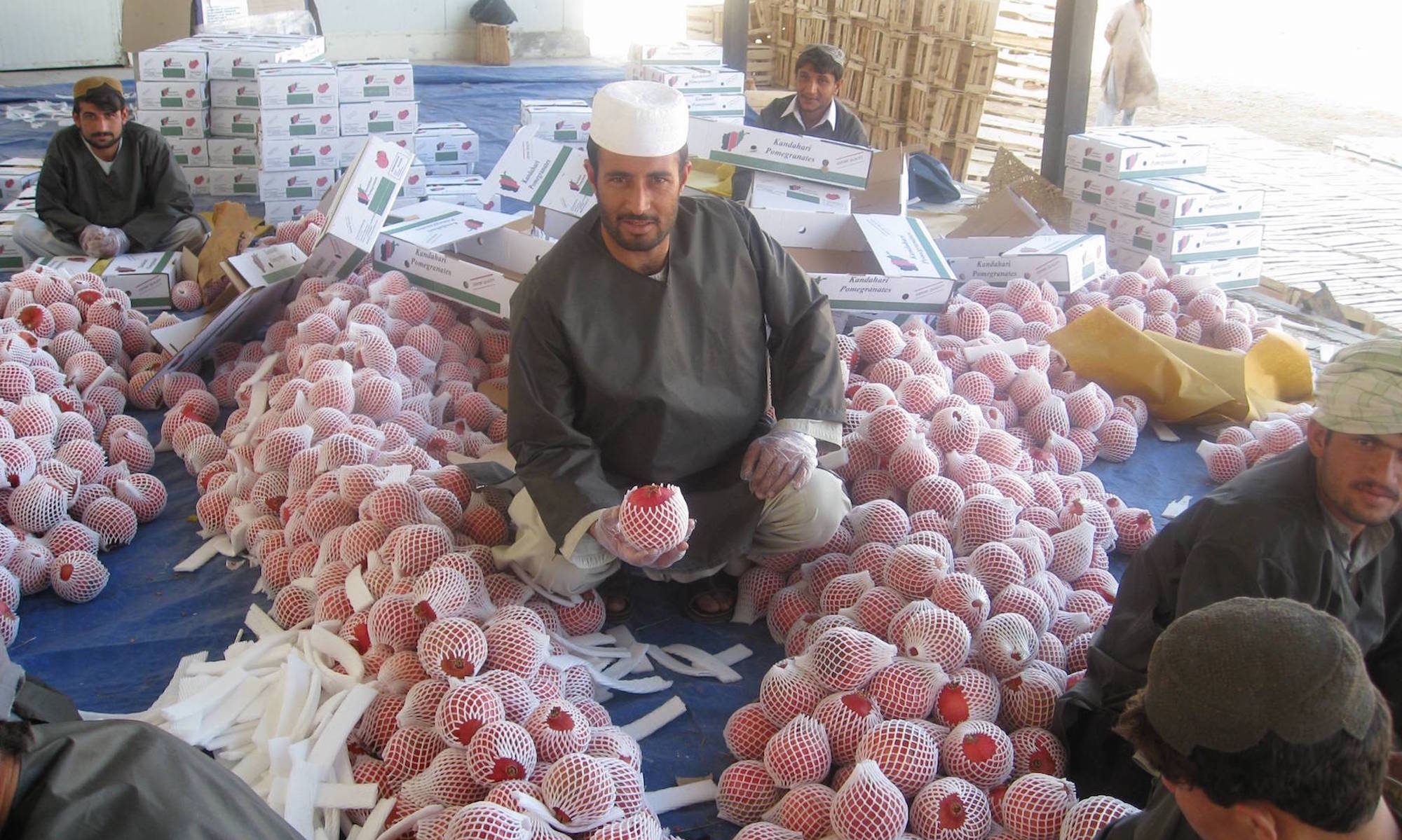This article argues that the mixed tribunals of Sierra Leone and Cambodia provide important lessons about the problems and dilemmas in achieving the legitimacy that is necessary for transitional justice mechanisms to have a positive local impact. High hopes have been held for the mixed model, but experiences show that this model is no easy fix to the legitimacy problems faced by the international tribunals for the former Yugoslavia and Rwanda. By locating a tribunal in the post-conflict setting, new dilemmas of legitimacy may arise. This article suggests that transitional justice mechanisms should strike a balance between backward-looking and forward-looking justice, and between international and national participation in the tribunals, but this is not done by simply locating a tribunal in the affected country.

INSCT Postconflict Research Database
The Institute for National Security and Counterterrorism's Postconflict Research Database & Analysis Project stores cross-indexed bibliographic information on hundreds of journal articles, books, book chapters, and case reports that address the broad, interdisciplinary fields of postconflict reconstruction, stabilization, and peacebuilding.